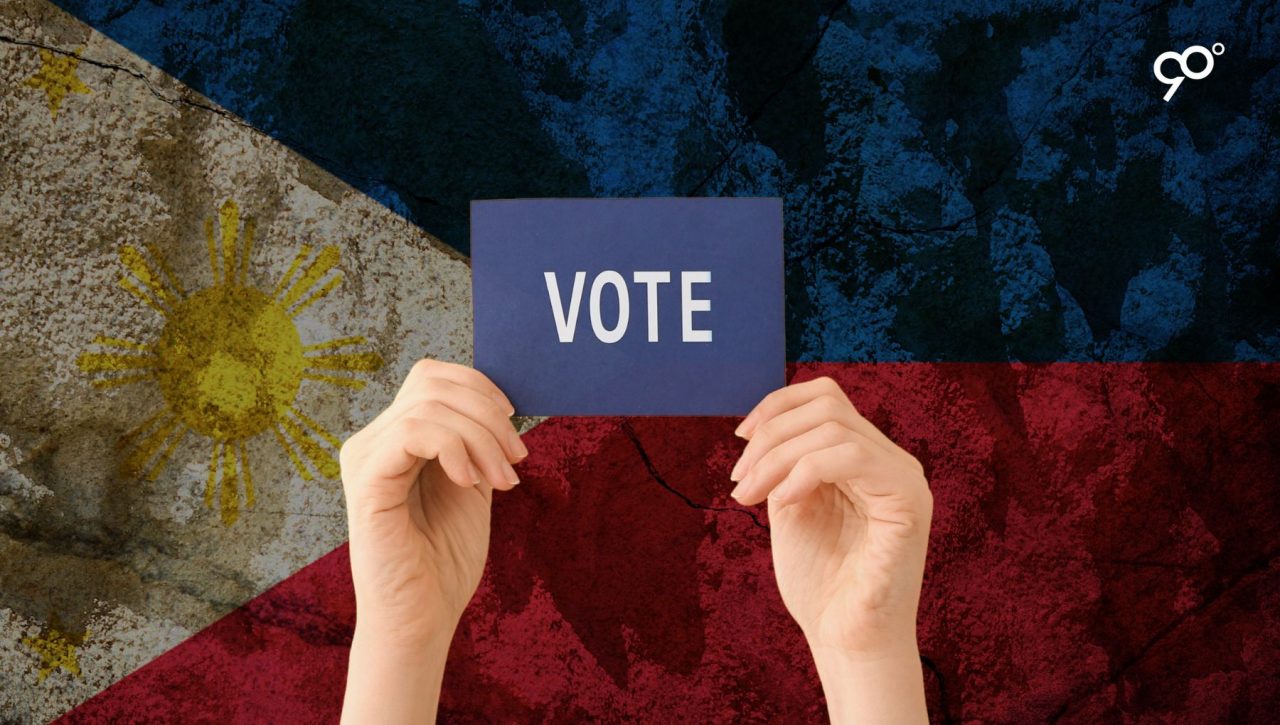
Social media has revolutionized political campaigns, transforming the way candidates engage with voters, disseminate information, and shape public perception. Platforms like X, Facebook, Instagram, and TikTok provide direct access to audiences, enabling politicians to communicate their messages unfiltered and in real time. In the digital age, an effective social media strategy can make or break a political campaign.
Direct Engagement with Voters
Unlike traditional media, social media allows politicians to connect directly with voters, bypassing intermediaries like news outlets. Candidates can engage in real-time discussions, address concerns, and share their policy positions instantly. This level of accessibility fosters a sense of connection and transparency, encouraging greater voter participation and engagement.
Shaping Public Opinion
Social media is a powerful tool for shaping public opinion. Campaign teams use targeted advertisements, viral content, and influencer endorsements to reinforce their narratives. The ability to quickly respond to breaking news and counter misinformation is crucial in maintaining a favorable image. Hashtags, trending topics, and user-generated content contribute to the overall influence of a campaign.
Mobilization and Grassroots Activism
Political campaigns leverage social media to mobilize supporters, organize events, and encourage voter turnout. Digital grassroots activism, fueled by online petitions, fundraising campaigns, and calls to action, has become a driving force in modern politics. Social media enables volunteers and advocates to amplify messages, recruit supporters, and create momentum around key issues.
Challenges and Ethical Concerns
Despite its advantages, social media also presents challenges in political campaigns. The spread of misinformation, cyber harassment, and algorithm-driven echo chambers can distort political discourse. Candidates must navigate these risks while maintaining authenticity and credibility. Ethical concerns, including data privacy and manipulation through bots, highlight the need for transparency and regulatory oversight.
The Future of Political Campaigns
As social media continues to evolve, its role in political campaigns will only grow. Emerging technologies such as artificial intelligence, data analytics, and virtual reality will further refine campaign strategies. Candidates who effectively harness social media’s potential while addressing its challenges will have a competitive edge in future elections.
Social media has undeniably reshaped political campaigns, offering unprecedented opportunities for engagement, mobilization, and influence. While it presents challenges, its power to connect politicians with voters and shape political discourse is undeniable. Moving forward, the strategic and ethical use of social media will remain a key factor in campaign success.
Follow Ninety Degrees PR Solutions on LinkedIn for more public relations and communication related articles.







